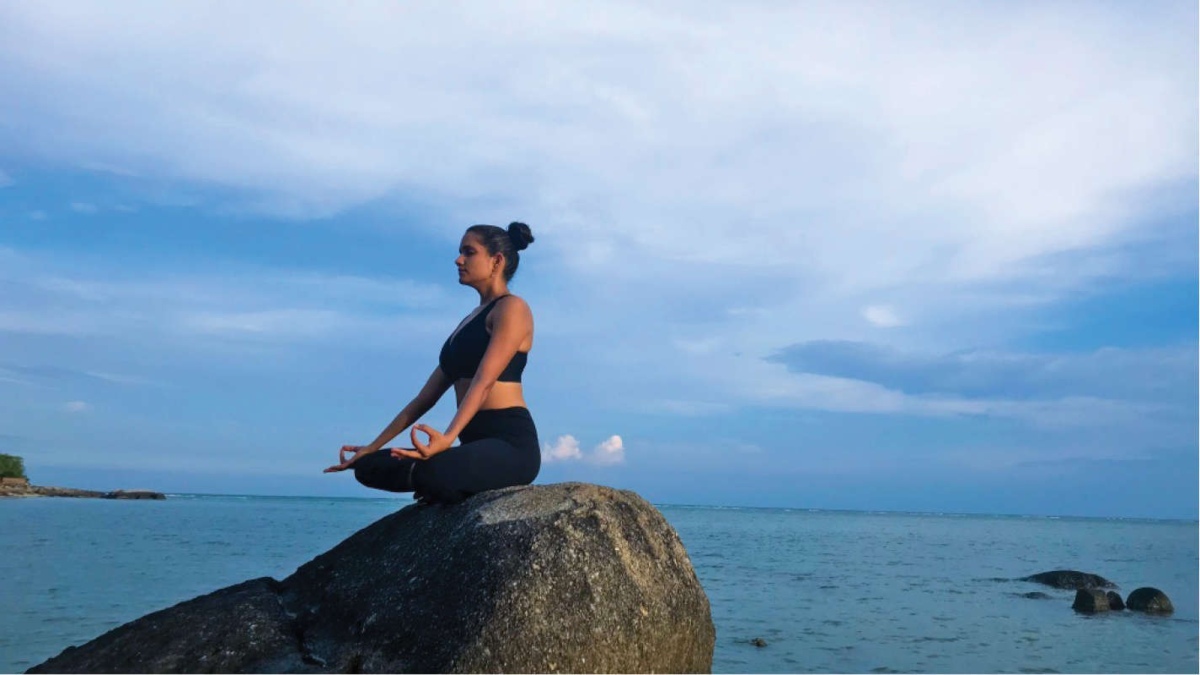
Depression is a widespread health issue, and it is often triggered by stress, anxiety, or hormonal changes. It results in a low mood, reduced energy, and a general disinterest in life. When untreated, it can have serious health complications including an increased risk of heart disease. Therefore, one must immediately seek professional help and build a lifestyle that can help support their recovery. Meditation is one such tool with a vast number of benefits and is helpful in cases of depression.



Here are a few techniques that can help:
• MINDFULNESS MEDITATION
Mindfulness is the practice of being in the present moment, in the here and now. These meditation practices often begin with breath awareness as that helps keep the mind in the moment. In Zen wisdom, happiness is found neither in the future nor in the past. Happiness is only in the present. And a very effective way to anchor our attention to the present is by focussing on the process of breathing in and out. Every time the mind drifts away, you bring it back to your breath. This retrains the brain and teaches us how we can ‘choose’ what we pay attention to.
• VISUALISATION
Visualisation is a beautiful way to replace negative visions with positive, soothing ones. They can work as vision boards to visualise your future, to create more positive outcomes. These can be very helpful for those suffering from fear or anxiety as their mind naturally races towards the worst possible outcomes. They help the body relax and have even been found effective in reducing pain.
• BODY SCAN AND PROGRESSIVE RELAXATION
Body scanning is the method of focussing on one body part at a time and relaxing it consciously. Mental awareness and breath are used to gently ease the tension until the entire body has been scanned and relaxed. Yoga Nidra is the foundational body scanning practice that effectively improves our mood, reducing anxiety. It helps in recovery from any emotional distress.
• YOGA AND PRANAYAMA
When done with breath awareness and followed by Pranayama, traditional Yoga practices help elevate our mood and even prepare us for meditation. Yoga Asanas help us feel refreshed and energised. Pranayama or breathing exercises then help us integrate our mind and channel it away from various distractions. Now, the mind becomes ready for deep meditation. It becomes a lot easier to stay focussed on the breath or a mantra or any other object of meditation. In some traditions, it is believed that practicing energising breathing practices like Kapalbhati can help fight depression.
All these techniques help because they teach us how to deal with stress and influence our brain’s functioning. Regular and consistent meditation practice makes us less impulsive and less fearful because it physically alters our grey matter. It helps us change our thinking. While meditation is not a replacement for medical support, it should be an integral part of our lives to prevent and manage mental health issues.
The writer is yoga and Ayurveda lifestyle specialist and founder of Yoganama.